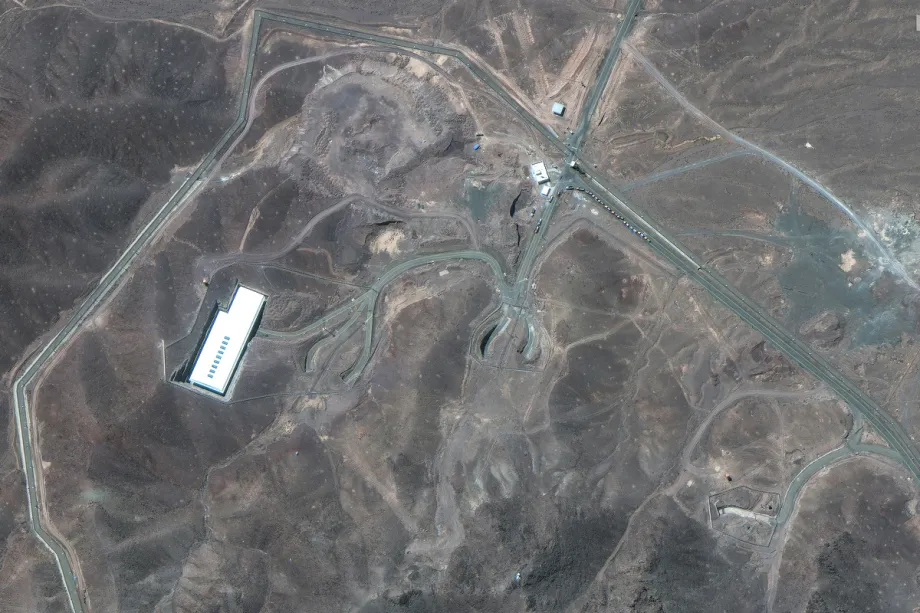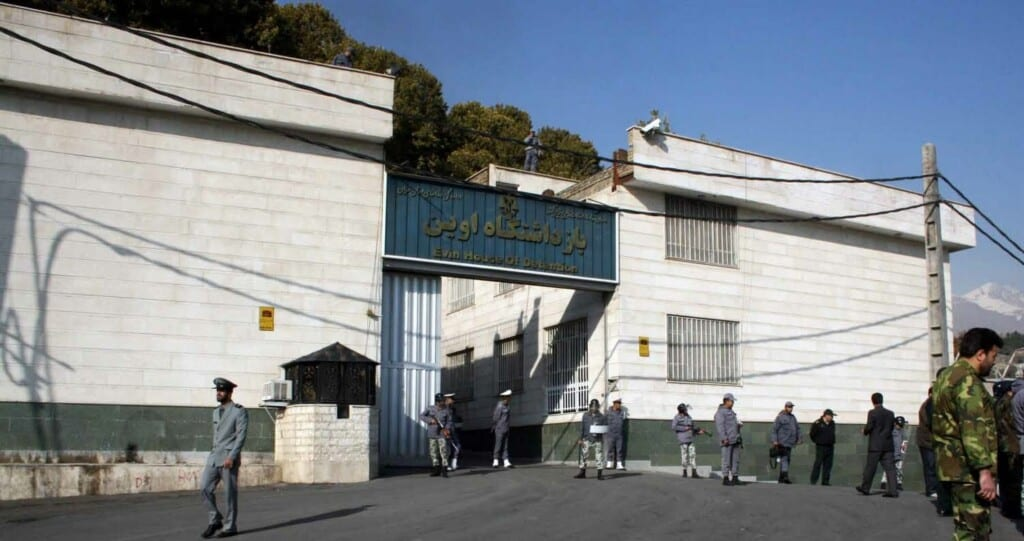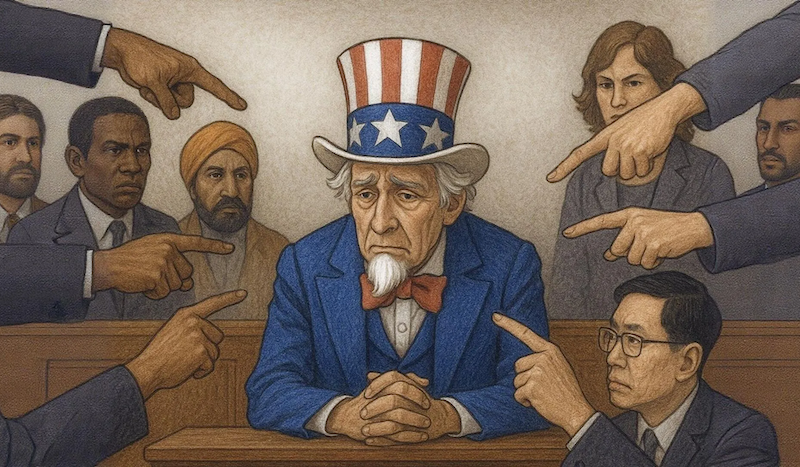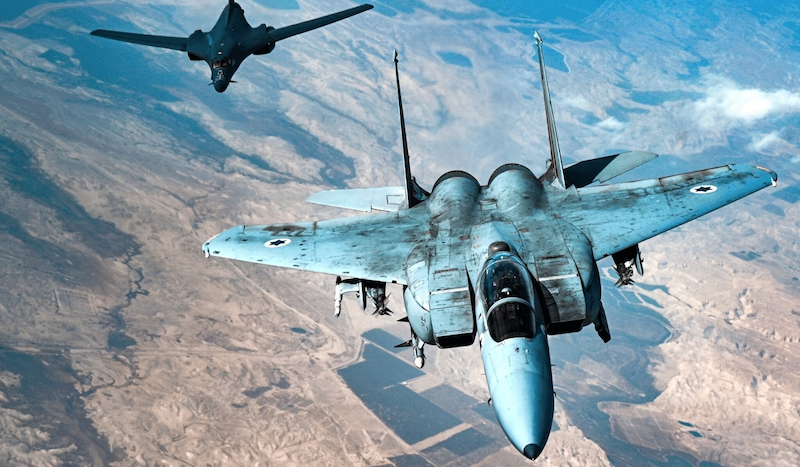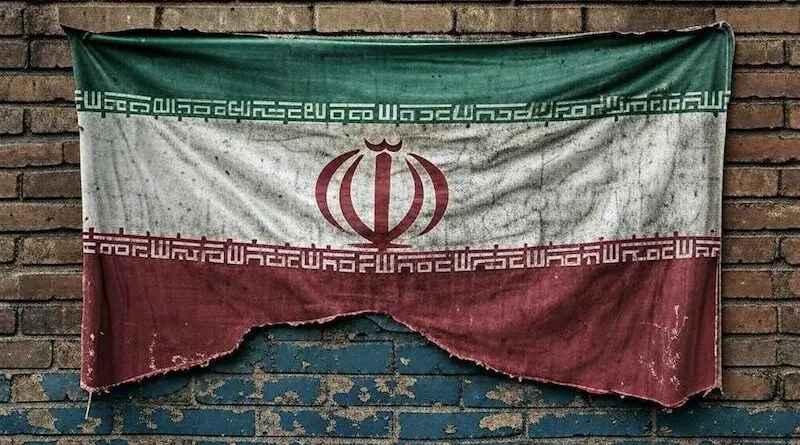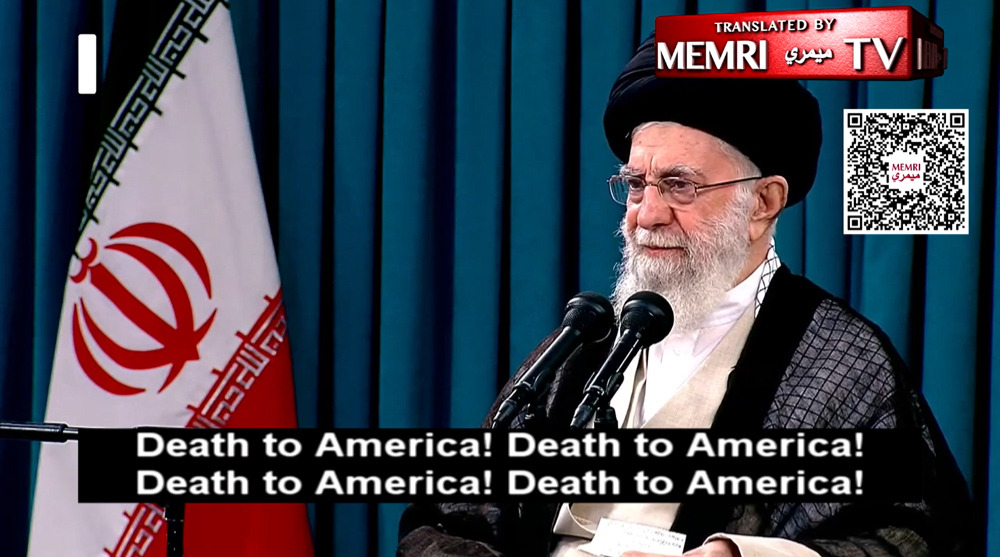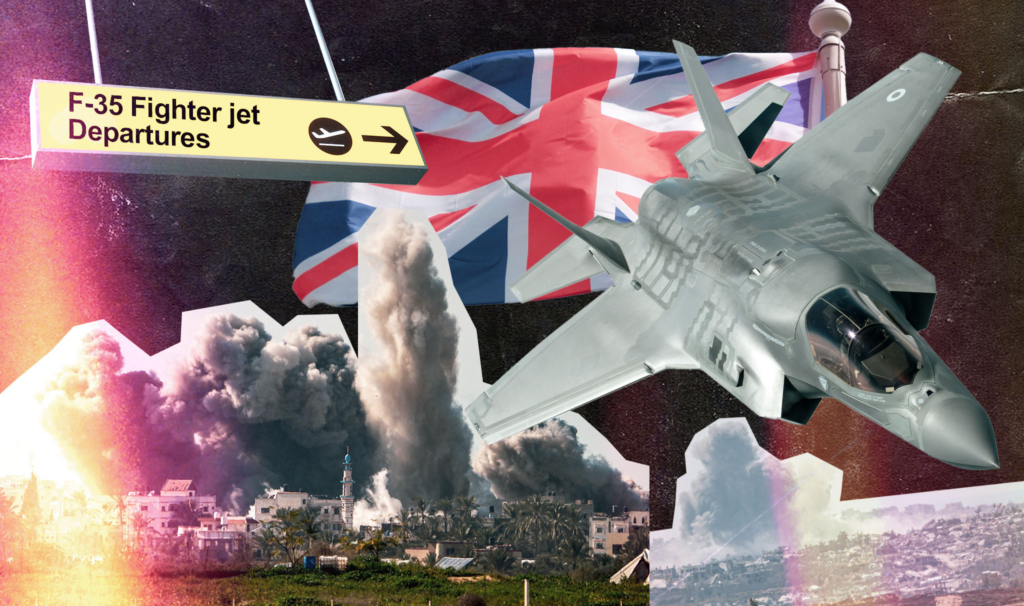CTP-ISW will not publish a morning update given the ceasefire between Israel and Iran. All analysis of the Israel-Iran war will be covered in the daily evening update unless events warrant a resumption of twice-daily updates.
Israel conducted a two-week air campaign with the objective of degrading, destroying and removing the threat of Iran’s nuclear program.[1] Israel also pursued two supporting objectives to limit Iranian retaliation and provide itself with an offramp. Israeli Prime Minister Benjamin Netanyahu stated that “Operation Rising Lion” achieved all of Israel’s war aims “and much more.”[2] Israel described Iran’s nuclear program as an existential threat to Israel and stated that it would not allow Iran to weaponize its program.[3] Israel achieved its objectives vis-a-vis the nuclear program by destroying nuclear facilities and enrichment capacity with US support and killing key nuclear scientists who were instrumental in the development and weaponization of the program. The Israeli campaign, supported by US strikes, “effectively destroyed” Iran’s enrichment capacity, though stockpiles of various amounts of enriched uranium remain.[4] Iran’s ability to enrich these to weapons grade uranium is complicated by the destruction of most of Iran’s centrifuges and the loss of many nuclear scientists.[5] There is more information about the status of the nuclear program below.

